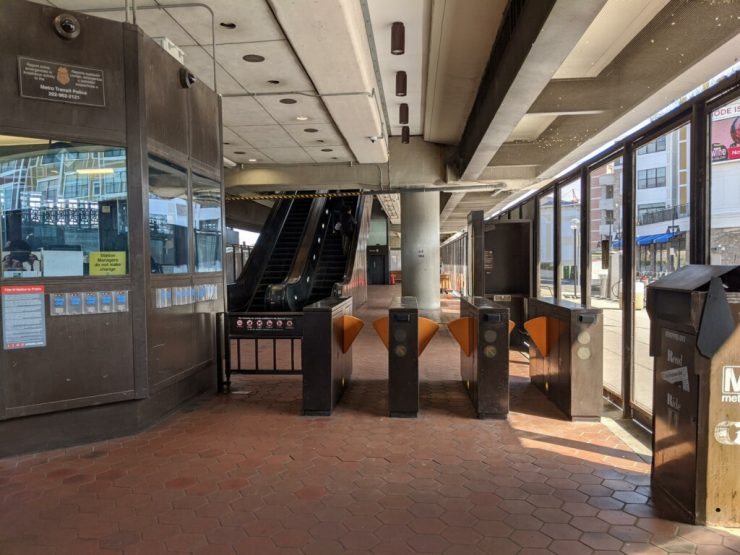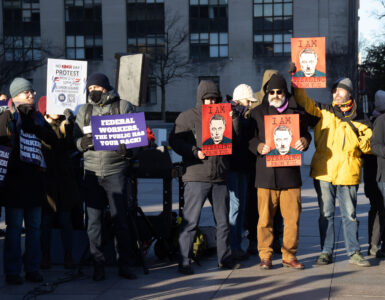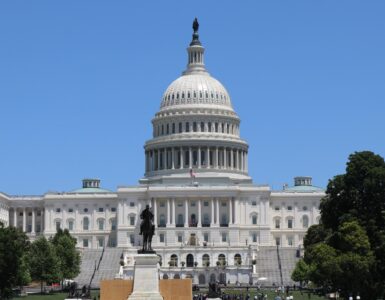
Amerie Mi Jones, a junior at American University in Washington, D.C., was excited to volunteer at this nation’s largest celebration of cherry blossoms. With over 600 positions available on the day of the annual Cherry Blossom Festival parade, she planned on working as a streetmosphere assistant.
Assisting street performers, musicians, dancers, and marching bands was just one of many entertainment jobs at the festival. Every year the parade takes place in Downtown D.C. along historic Constitution Avenue.
People from all over typically line the streets for blocks to watch the two-hour parade, but this year an unexpected virus canceled the festival entirely.
Jones soon learned that the Washington Metropolitan Area Transportation Authority (WMATA) would cut services to the two stations, Smithsonian and Arlington Cemetery, to prevent Cherry Blossom travel and keep visitors from crowding the stations and trains.
“I understood that I wouldn’t be able to volunteer, but not being able to see the cherry blossoms in person is a bit too much,” said Jones.
DC Metro is the first transit system in the US to make service cuts in response to the coronavirus (Covid-19).
In a recent press release, Metro General Manager/CEO Paul J. Wiedefeld said, “Our priority continues to be the health and safety of our staff, guests and all Festival supporters and as such we are following the recommendations of national and global health experts.”
DC Metro quickly moved into its Phase 3 plan, which is the highest level of response for this public health emergency.
On Tuesday, they urged the public not to take public transit unless it’s essential or necessary.
And now, a public service announcement from your friends at Metro…
Let's keep trains available for the hospital staff, first responders, and other heroes who need to travel right now. The trees will be there next year.#wmata #psa #CherryBlossoms #dc @MayorBowser #covid19dc pic.twitter.com/4PJO5qs8ei
— Metro (@wmata) March 18, 2020
WMATA continues to push to public riders that Metro is for essential trips only, and they should see cherry blossoms another time.
“Seeing flowery trees is not essential,” WMATA stated.
Transit officials are working closely to slow the spread of Covid-19 to protect their employees and customers. They recognize that many of their employees are faced with a tough choice as they try to balance work and family priorities.

On March 16, Metro reduced its ridership hours until it could return to normal operations after the health situation is under control.
The Wash reached out to WMATA for comment. At this time, they are only responding to news media requests regarding emergencies and breaking news stories.
A WMATA rep stated over the phone, “at this time students’ requests is a case-by-case basis depending on what’s going on with the [Covid-19] situation.”















Add comment